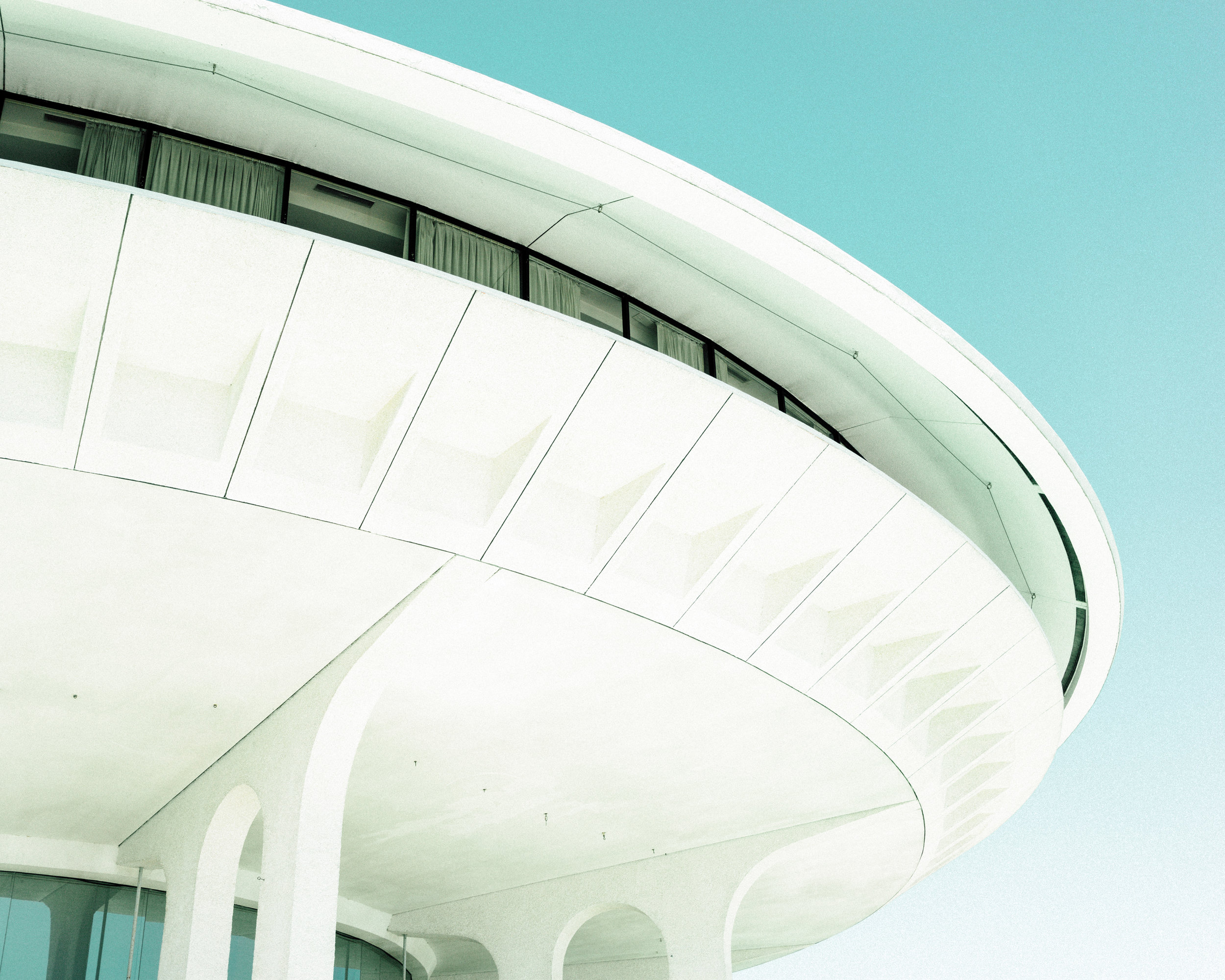Transforming transplant medicine, conservation, and agriculture through low-temperature biopreservation
Full-organ transplantation represents one of the great scientific achievements of the 20th century, but access to life-saving transplant procedures is acutely limited by geographic, socioeconomic, and logistical barriers. Many of the roadblocks facing greater access to transplantation stem from the simple inability to hold donor organs outside the body for extended periods of time.
The Public Thermo Lab is working to develop a new generation of organ preservation technologies based on recent innovations in confined aqueous thermodynamics, which promise to enable ice-free, cryoprotectant-free, fully-transportable preservation of complex biological matter.
Effective low-temperature biopreservation requires the marriage of water thermodynamics and kinetics with physiology and biochemistry, and we seek to tackle the divergent aspects of this problem by unifying physical science and life science expertise in the same lab.
If you’re passionate about moving transplant medicine into the future, get in touch!
Furthermore, biopreservation doesn’t stop at human organs— in the face of global climate change, there are critical needs for better biopreservation in management of the global food supply (reducing post-harvest waste and decreasing the carbon footprint of global food cold-storage); in ecological conservation efforts (banking full-organism samples of disappearing marine species before they go extinct, banking plant and animal genetic material, etc.); in space travel (preserving astronauts on increasingly long and fraught trips to distant worlds); and any other context wherein the finite shelf-life of biological materials causes problems!
If any of these facets of biopreservation interest you— get in touch!
